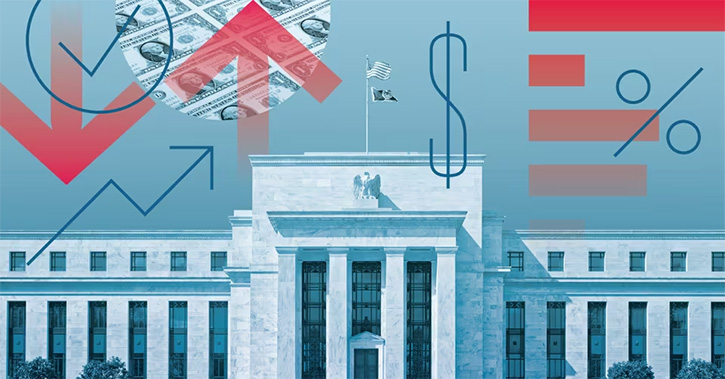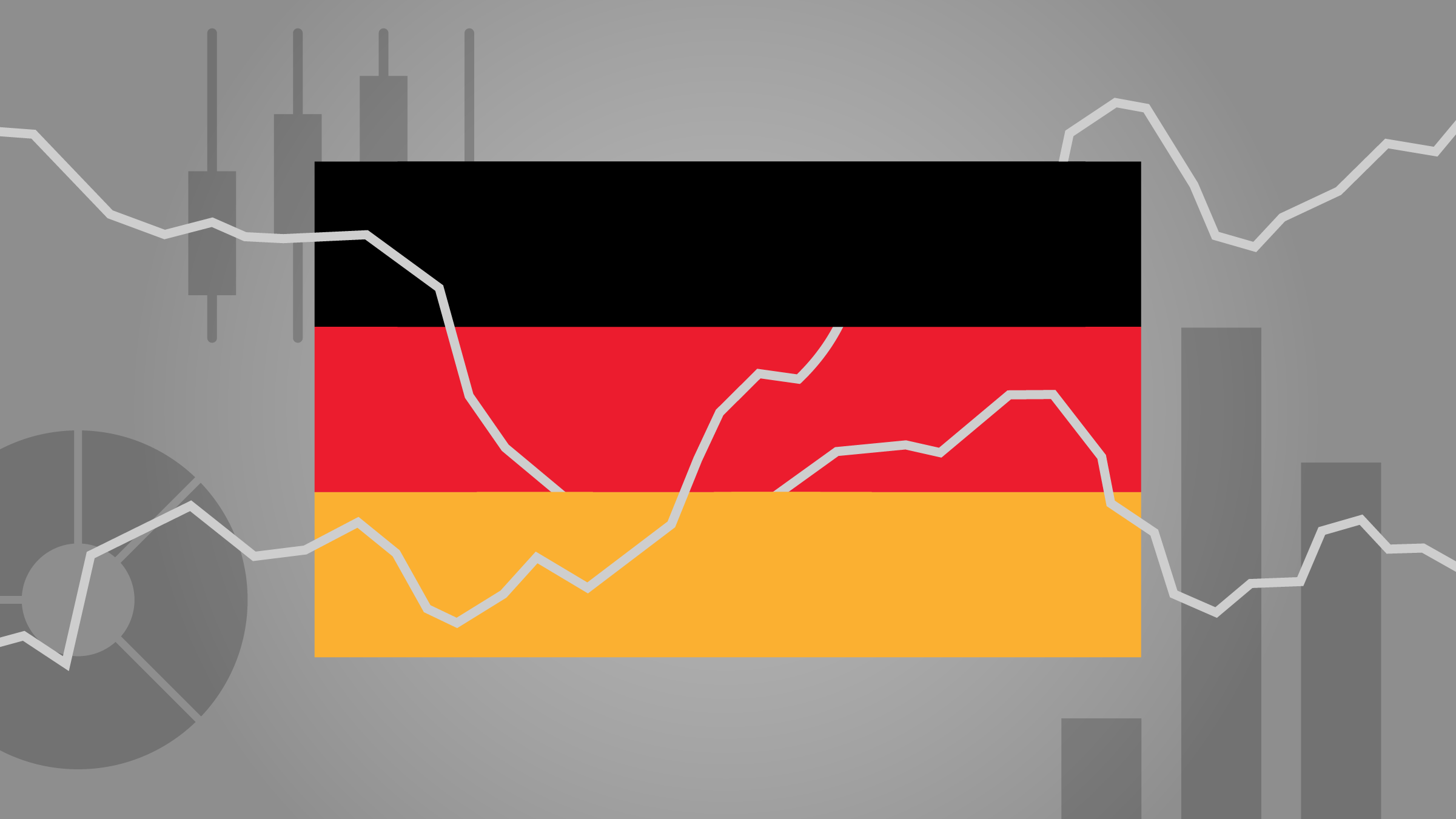Jeremy Glaser: For Morningstar, I'm Jeremy Glaser. China's surprise move to devalue its currency has sent a shockwave through global markets. I'm here with Bob Johnson--he is our director of economic analysis--to see exactly what China did and why investors are so worried about it.
Bob, thanks for joining me.
Bob Johnson: Great to be here today.
Glaser: Let's talk about this move on Tuesday and then again on Wednesday when China made another move on its currency. What's happening?
Johnson: Basically, on Tuesday, they decided to let their currency devalue by about 1.8%. Then on Wednesday, the currency fell even further than they had officially brought it down to. Then, they intervened in the marketplace from keeping it from falling any more. So, on one day, they intervened and tried to bring their currency down. Then, it came down more than they thought on the second day, so they reacted in the last 15 minutes of the day and propped things up. Again, the devaluation was about 1.8%. We got pretty close to a 4% decline at one point on Wednesday, and they brought it down to about a 2.8% decline by the end of Wednesday--that is, compared with Monday's closing price.
Glaser: Can you give us a sense of how big of a currency move this is compared with historical trends?
Johnson: Since 2005, they've really strengthened the Chinese currency, and we've had a fairly good move. Instead of costing eight of their currency for $1, it got down to the low sixes. So, we've had a pretty big move. Now, we've moved up a couple of tenths from 6.25 or so at the low to 6.38 or something like that. So, compared with where we've been over the last 10 years, this is a tiny move--so far.
Glaser: So, why would they do this, then?
Johnson: I think there are two parts to this. One is--especially on Tuesday--their initial thought was, "We've seen the trading out of China look a little bit weaker; we understand our economy is a little weaker. We're going to acknowledge this and let our economy do what the market is saying and let it float down"--which was a great theory and then they blew it on Wednesday by intervening when it got down almost 4%. They really want to be in the driver's seat here.
So, that might have conflicted with what they did Tuesday a little bit. But nevertheless, it is a move down. It's a recognition that their economy is a little weaker than they would like to be and that they would like to stimulate their economy and their economic growth as well--which is what a currency move like this does. It makes their goods more competitive in overseas markets and allows them to export more. And of course, their export economy has been in tough shape the last few months--surprisingly tough shape.
Glaser: You said in the broader context this isn't a huge move. It's not a big secret that the Chinese economy is somewhat weak. Why are markets selling so much off on this move, then? What's the big fear?
Johnson: The fear is that they actually stepped in to force the devaluation, and so there's some fear about what comes next. They've shown a willingness to do this; how much more is behind it? A couple of ticks on the currency isn't a big deal; it's the thought that they've started this, but what if the economy doesn't get any better? Are they are going to do this again and again and again? Where do we end up? Most of the other currencies and the interest rates are trading in such a way that you can kind of see a pattern where people are anticipating that there are more devaluations behind this one. So, as I mentioned, this one is relatively small. We've moved over half a point just this year, and now we're back just a little bit from that. So, it's really not a market-moving type of thing. But the problem is how many more are behind this? Certainly, some of the economic data out of China today was just a little bit soft. I mentioned that exports have been soft forever, so those are all things weighing on them.
Glaser: What would the impact of further devaluations be on the global markets?
Johnson: Certainly, it's not great news for the rest of the world economy. It means that China is trying to be more competitive and it's going to be harder and harder to compete against them in foreign markets if they keep devaluating their currency. I think the current move probably isn't enough to move the needle; but if indeed we end up with a 10% drop in the Chinese currency relative to the dollar, that might make a big deal. And that will displace who's the big leader in trade. That's certainly something that most people are worried about--what's that long-term knock-on effect?
Then, the other thing that's got people worried is that we're trying to get inflation up around the world so that Fed policy and other central-bank policies can operate, and this throws a deflationary move at the marketplace. So, that's certainly not a good thing because prices from Chinese goods will come down in other currencies. So, that's going to add a little bit more deflation pressure, which is the last thing we all need right now.
Glaser: Who potentially is the most exposed to this?
Johnson: That would, for sure, be other emerging markets and very commodity-oriented economies. Clearly, the Australias and the Brazils of the world are suffering--even Canada. I just saw a report today suggesting that their people believe that, in the first half, they were very close to having no growth. Some of that is certainly related to some of the commodities and some of the oil-related issues going on there, which are all wrapped up in a slow Chinese economy. That just shows you how big the knock-on effects are. Russia, too. A lot of emerging markets are going to be very hurt. Everybody says, "China is weak--oh, that's bad for the U.S." No, it's not bad for the U.S. For the U.S., it's 1% of our GDP--and a lot of that is jetliners that have contracts that go on forever anyway.
So, I'm not worried about the U.S. Maybe with Europe I worry a little more because Germany, in particular, sells a lot of capital goods into China. So, it's not a good thing for their economy. Again, it's probably no disaster; but for commodities-focused economies like Australia and Brazil and for the oil industry, they are all going to be hurt by this. And in general, other emerging markets that are trading partners will be hurt as well.
Glaser: There is some commentary that this move may give the Fed an excuse not to raise rates in September. Do you think anything like this will have an impact on that decision coming in just a couple of weeks now?
Johnson: My usual generic answer is probably not; but clearly, the rest of the world disagrees with me. There are people who show the probabilities of what economists are thinking the rates will be and when the rates will go up. Maybe it was 50-50, round numbers, a couple of days ago; now it's around a 40% chance in September and 60% sometime later. So clearly, everybody thinks this may delay them. The primary [reason that makes people think these moves in the Chinese currency] could make a difference is that they could slow world inflation. That's certainly one of the things that [the Fed] is trying to move up. That's one of the two targets that they said has to be higher, along with employment in the U.S. We'll get the employment part later; but for now, it looks like maybe [the currency moves] will put the brakes on inflation, and that might limit the Fed's options. So, yes, it could delay them.
Glaser: Bob, thanks so much for your analysis today.
Johnson: Thank you.
Glaser: For Morningstar, I'm Jeremey Glaser. Thanks for watching.




















